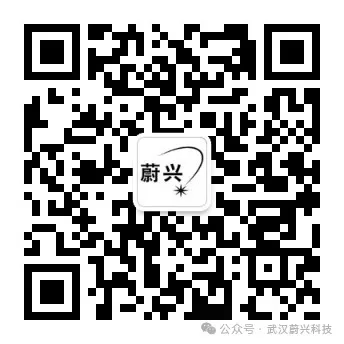Industrial tablets have a wide range of applications in the grain processing industry, mainly reflected in the following aspects:
Production Process Monitoring: Industrial tablets can serve as monitoring terminals, displaying real-time operational parameters of various stages in the grain processing production line, such as grain conveyor speed, processing temperature, humidity, and the operational status of machinery. Operators can intuitively understand production conditions through the tablet interface, promptly identify anomalies, and make adjustments to ensure a stable production process and product quality.
Equipment Control: When integrated with grain processing equipment, industrial tablets can be used for remote control of equipment operations such as starting, stopping, and speed adjustment. They can also set and optimize equipment parameters, achieving automated control, improving production efficiency and accuracy, and reducing human operational errors.
Quality Inspection and Analysis: By combining image recognition technology and sensors, industrial tablets can inspect and analyze the appearance, color, and impurity content of grains. For example, by capturing images of grains with a camera and using image processing software on the tablet for analysis, it can quickly and accurately assess the quality and grade of the grains, allowing for timely handling of non-compliant products.
Inventory Management: Utilizing industrial tablets in conjunction with barcode scanners or RFID readers, the management of grain inventory can be effectively conducted. Staff can quickly and accurately record information such as grain variety, quantity, and batch by scanning barcodes or RFID tags on grain packaging, achieving real-time monitoring and precise management of inventory, facilitating timely understanding of inventory dynamics and reasonable production and procurement planning.
Data Recording and Traceability: Industrial tablets can record various data during the grain processing process in real-time, including raw material information, production parameters, and quality inspection results. This data can be used for product traceability; when quality issues arise, it allows for quick retrieval of relevant production information to identify the root cause of the problem. Additionally, it aids enterprises in production data analysis and management decision-making, optimizing production processes and enhancing management levels and competitiveness.
Personnel Training: Industrial tablets can store and play training materials such as operation manuals and video tutorials. New employees can learn about equipment operation methods, production processes, and quality standards through the tablet, enabling them to quickly adapt to their work. Furthermore, online training and assessments can be conducted using the tablet, improving training efficiency and effectiveness.
Environmental Monitoring and Control: The environmental conditions in grain processing workshops significantly impact grain quality and equipment operation. Industrial tablets can connect to environmental monitoring devices such as temperature and humidity sensors and dust sensors, monitoring environmental parameters like temperature, humidity, and dust concentration in real-time. Based on set thresholds, they can automatically control operations, such as starting ventilation equipment and adjusting temperature and humidity control devices, creating favorable environmental conditions for grain processing, ensuring production safety and product quality.
Wuhan Weixing Technology Co., Ltd.

Craftsmanship
Quality
Integrity